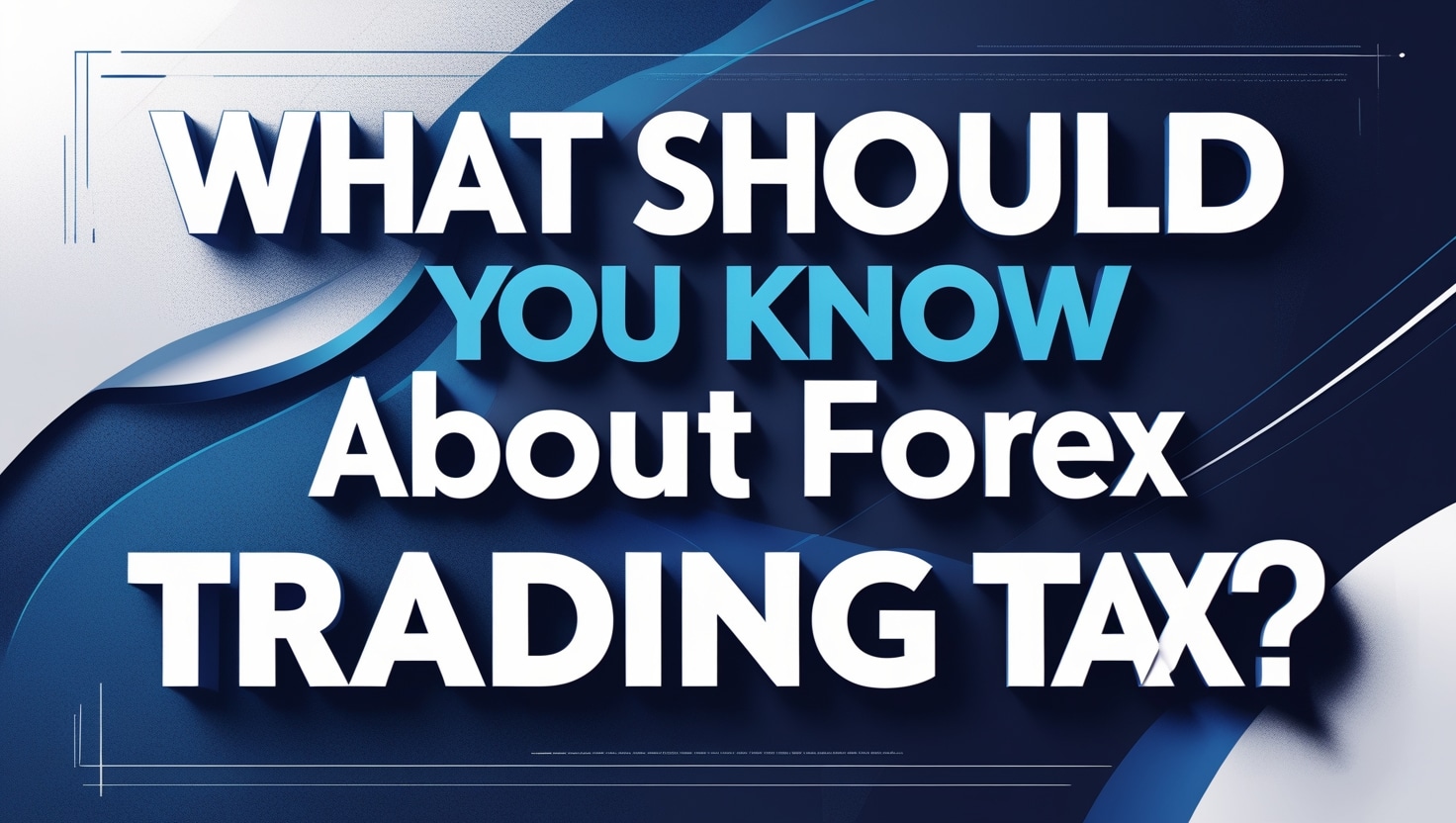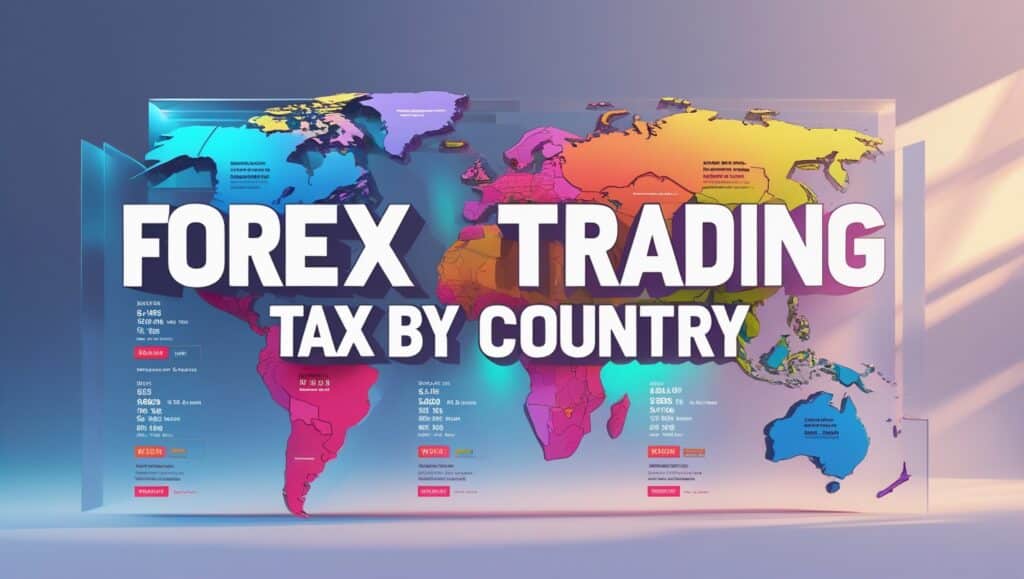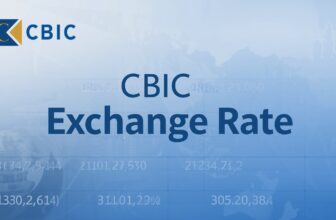
1. Introduction
Let’s face it – any tax season, be it forex trading tax season or something else can be stressful for anyone. As a forex trader, you might find yourself scratching your head wondering, “Do I really need to pay tax on my forex trading?” or “Is forex trading actually tax-free?” The truth isn’t black and white – it depends on where you call home, your personal trading habits, and your country’s sometimes confusing tax laws.
I have seen too many fellow traders brush taxation aside until April rolls around, only to end up in a panic or making expensive mistakes. Trust me, I’ve been there too! That’s why I’ve put together this comprehensive guide to break down everything you need to know about forex trading taxation – from understanding different types of taxes to reporting requirements, potential deductions, and even some legitimate strategies to minimize your tax burden.
2. Understanding Forex Trading Tax
The way your forex profits get taxed can vary dramatically depending on several factors. Think of it like this – governments typically look at forex earnings through two different lenses:
- Capital Gains Tax: If you’re more of a casual trader who sees forex as an investment rather than a full-time gig, your profits will likely fall under capital gains tax. The good news? This often comes with a lower tax rate than your regular income.
- Income Tax: On the flip side, if you’re glued to trading charts all day and forex is your primary money-maker, tax authorities will probably view this as a business activity. That means your hard-earned profits become subject to standard income tax rates – which can take a bigger bite out of your earnings.
Figuring out which category you fall into isn’t just a technicality – it can have a serious impact on your bottom line. I’ve seen traders caught off-guard when they assumed one classification only to discover the tax office had a completely different view!
3. Is Forex Trading Tax-Free?
I receive this question constantly: “Can I actually trade forex and not have to pay any taxes?” Though we’d all like a tax-free income stream, the fact is that most nations do expect their share of your forex earnings. That being said, the tax treatment varies greatly based on where you’re located and how you trade.
For instance, if you happen to be located in the UK, spread betting on forex activity is technically free of tax (yes, that’s right!), whereas contract for differences (CFD) trading will incur taxes. Certain nations may not levy taxes on lesser or infrequent traders at all. The policies can be bewildering at times, which makes it important that you know about your local legislation prior to any assumptions regarding your tax status.
4. Forex Trading Tax by Country

4.1. Tax on Forex Trading in the UK
For my UK traders out there, your tax situation depends entirely on how you approach the markets. There are these two that you should definitely know about-:
- Spread Betting: Here’s some good news – since spread betting is classified as gambling in the UK, your profits are completely tax-free. Not a bad deal, right?
- CFD Trading: This is where things get a bit more complex. If you’re trading CFDs as an investment, you’ll typically face Capital Gains Tax (CGT). However, if HMRC decides your trading activity looks more like a business, they might classify your earnings under income tax instead – which could mean a higher tax rate.
So when someone asks, “Do you pay tax on forex trading in the UK?” I have to respond with, “It depends on your trading style,” because most CFD traders will indeed need to pay their fair share to the tax man.
4.2. Tax on Forex Trading in the US
For my American readers, the IRS has created a somewhat unique system, classifying forex trading under two different tax sections andthey are:
- Section 988: This is the default classification, where your profits get taxed as ordinary income. The silver lining? Your losses are fully deductible against other income, which can be a lifesaver in tough trading years.
- Section 1256: If you elect for this option, you’ll benefit from a blended tax rate – 60% of your profits are taxed as long-term capital gains and 40% as short-term capital gains. For many traders, this works out to a lower overall tax burden.
If you’re trading from the US, I can’t stress enough how important it is to keep meticulous records of all your transactions. The IRS expects forex trading to be reported, and they’re not exactly known for their leniency with oversight!
4.3. Tax on Forex Trading in Australia
My Aussie traders face a similar situation to many other countries, with profits falling under either:
- Capital Gains Tax (CGT): This applies if you’re more of a weekend warrior who trades occasionally as an investor.
- Income Tax: If you’ve turned forex trading into your profession, the ATO will want their cut through regular income tax rates.
I’ve found that Australian traders who maintain detailed records of their trading activity have a much smoother time when tax season comes knocking.
5. How to Calculate Forex Trading Tax
Wondering exactly how much you’ll owe? A forex trading tax calculator can take away much of the guesswork. These handy tools estimate your tax liability based on your profit, location, and tax classification.
If you prefer to work it out manually (or just want to understand the process), here’s how I approach it:
- First, determine if your profits fall under capital gains or income tax in your jurisdiction.
- Apply the relevant tax rate to your net forex earnings (after subtracting losses).
- Don’t forget to deduct eligible expenses – things like your trading software subscriptions, educational courses, or platform fees can all reduce your taxable income.
Let me give you a real-world example: If you made a $10,000 profit in the UK through CFD trading, and your CGT rate is 20%, you’d be looking at $2,000 in tax. That’s a significant chunk of your profits, which is why understanding taxation matters so much to your bottom line.
6. Navigating Forex Trading Tax Reporting
6.1. How to Report Forex Trading Income

The exact reporting process varies by country, but here’s the general approach I follow:
- I keep track of every single trade, including profits, losses, and even those that break even.
- My trading statements and broker reports become my best friends at tax time – they provide the official documentation I need.
- When filing my annual tax return, I make sure to include all forex income in the appropriate sections.
For my US-based trading friends, you’ll typically report under Form 8949 and Schedule D if you’ve elected Section 1256 treatment, or through ordinary income tax forms if you’re sticking with Section 988.
6.2. Common Tax Mistakes to Avoid
Over the years, I’ve seen traders make these costly errors time and again:
- Incorrectly assuming all forex gains are tax-free income (I wish!)
- Forgetting to declare losses – which is a missed opportunity since these can usually be deducted and reduce your tax bill
- Not understanding the difference between capital gains and income tax classification – which can lead to using the wrong forms or rates
6.3. Professional Help: Hiring a Tax Advisor
If all this tax talk makes your head spin, you’re not alone. That’s why I always recommend considering a forex tax specialist, especially if you’re trading significant amounts. A professional who understands the nuances of trading taxation can help with optimization strategies, proper filing, and ensuring compliance. Yes, it’s an upfront cost, but the savings and peace of mind can be well worth it.
7. Tax Reduction Strategies for Forex Traders
Now for the part everyone loves – legally reducing your tax liability! Here are some strategies I’ve found effective:
- Trade under the most tax-efficient classification: If you’re eligible to choose between different tax treatments (like the US Sections 988 vs. 1256), run the numbers to see which one benefits you more.
- Keep detailed records: I can’t emphasize this enough – comprehensive documentation helps justify every deduction you claim.
- Offset losses against profits: Most tax systems allow traders to deduct forex losses from their total taxable income, which can substantially reduce your tax bill in years with mixed results.
- Look into tax-advantaged accounts: Some countries offer special accounts with tax benefits for certain types of trading. It’s worth investigating if these are available to you.
8. Conclusion
I know forex trading taxation might seem like a complex maze at first glance, but once you understand the basic principles, it becomes much more manageable. The key points to remember are:
- Forex trading tax treatment varies significantly depending on your country and personal trading style.
- UK traders enjoy tax-free profits with spread betting, while CFD trading remains taxable.
- US traders have flexibility with the option to choose between Section 988 and Section 1256 for potentially lower tax rates.
- A forex trading tax calculator can be your best friend when planning for tax season.
- When in doubt, professional tax advice is an investment that often pays for itself many times over.
Being proactive about your tax situation isn’t just about avoiding problems – it’s about optimizing your trading profits and keeping more of what you earn. I always recommend consulting with a qualified tax professional who understands the specific requirements in your country. After all, successful trading isn’t just about making money – it’s about keeping as much of it as possible!
Happy trading, and may your profits be high and your taxes optimized!

















